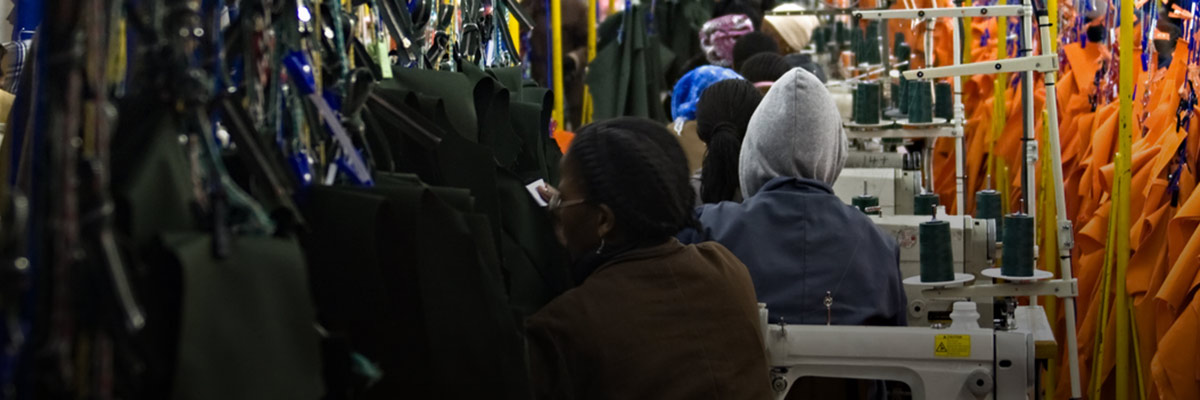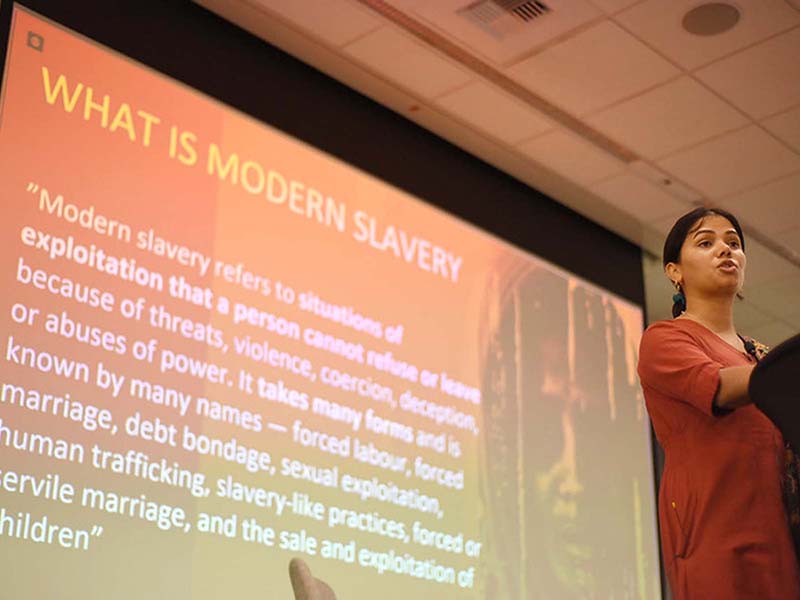Authors
-
Magali Barraja
Former Associate Director, BSR
-
Annelise Thim
Former Associate Director, BSR
-
Victoria Reca
Former Manager, Equity, Inclusion, and Justice, BSR
-
Eva Ehoke
Former Manager, BSR
From the lack of gender-sensitive data indicators to gender-biased collection methodologies, there has been a noticeable absence of the most basic reliable data. This has led to the development and implementation of policies and programs that do not account for the various barriers women face and fail to deliver equally beneficial outcomes for men and women.
In its June report, the UN Working Group on the Gender Dimensions of the Guiding Principles on Business and Human Rights makes it clear that brands have the responsibility to require and encourage their suppliers to respect the human rights of women in their operations and track the effectiveness of their responses using gender-disaggregated data where relevant. However, most brands do not know what specific gender data to ask for or how to interpret it, and suppliers are unclear about the benefits to them of collecting additional data points, nor do they have the systems and processes in place to do it.
To help both brands and suppliers conduct better and more effective gender-responsive due diligence, BSR is launching the Making Women Workers Count: A Framework for Conducting Gender Responsive Due Diligence in Supply Chains report, funded by the C&A Foundation. This report:
- Provides recommendations along four phases of due diligence.
- Identifies a set of indicators to be used to measure outcomes for women and men workers as well as methodologies for collecting and analyzing the gender data.
- Introduces the Gender Data and Impact (GDI) tool that suppliers can use to detect gendered gaps in outcomes for workers, design an effective action plan, and track improvements against worker outcomes that are truly gender transformative.
This guidance and the GDI tool are intended for both brands and suppliers who wish to work towards more gender-equal workplaces and would like to understands how gender and outcome data will help them on this journey.
Report and Tool Executive Summary
BSR’s latest sustainability insights and events straight to your inbox.
Topics
Let’s talk about how BSR can help you to transform your business and achieve your sustainability goals.








